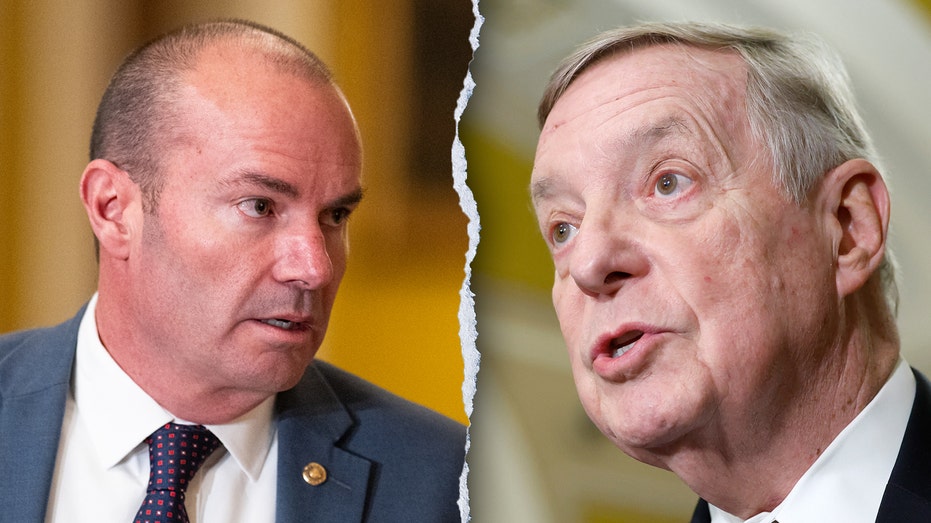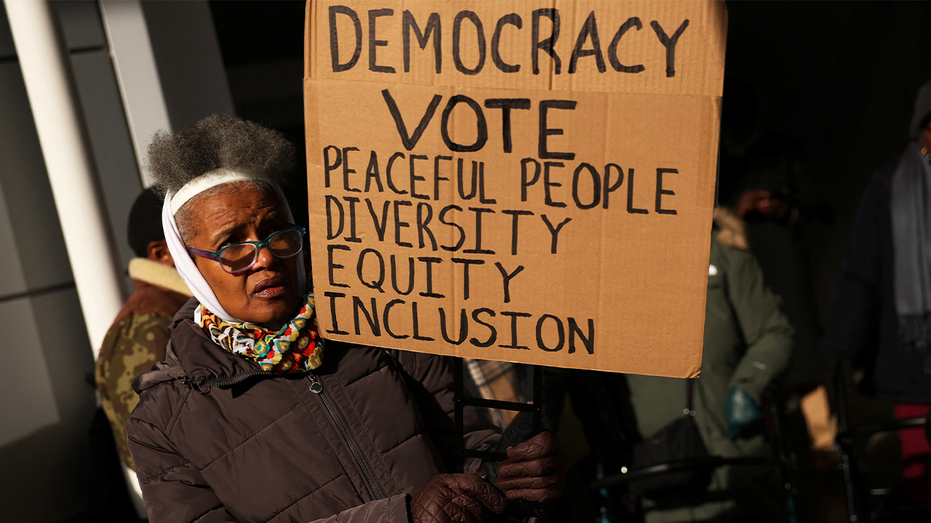I've saved for my son's college tuition since he was in the first grade, and it's still not enough. I have 3 other kids to save for, too.
Juan Moyano/Getty Images
- I knew I didn't want my four kids to graduate from college with student loan debt.
- I started saving for college when my oldest was in the first grade, and it's not enough.
- With three more kids heading to college, I'm overwhelmed financially.
I was with my four kids on the playground one day, talking with the other moms. We were chatting about school, work, and tiptoeing around the subject of finances.
One of the moms mentioned saving for college, and it felt like cold water was poured on me. I had a vague idea about tax-advantaged college savings plans; our diligent financial advisor had surely discussed them in one of our meetings. But the numbers — the 529s, 401ks, and 403bs — all swam together in my head.
However, I was confronted by the fact that someone else with small children was already planning for college. I felt like we had just started saving for retirement, and now I had to start thinking about another future — four of them.
Did I have to start worrying about this already? If I wanted to be anywhere close to ready when they graduated from high school, I did.
That was years ago, and now that college is here, I'm worried we'll never have enough.
We knew college was going to be difficult for my large family
My parents remortgaged their house to pay for my college. While I hope it doesn't come to that, my family is in a difficult situation. My husband and I make too much money for grants. I am a freelance writer, picking up as many gigs as I can, and my husband is a small-business owner.
After the pandemic and online school, all of my kids' grades plummeted while their anxiety skyrocketed, so scholarships are not an option for them.
I also knew that I wanted my kids to leave college without any student loan debt that they'd be paying off for the next 20 years.
That meant college tuition fell on my husband and me. In two years, we'll have two college tuitions to pay. In the next seven years, we will be paying for all four of my kids to go to college.
We started saving years ago, and it's not enough
Shortly after that mom's group, I called my advisor, and we started college savings plans for each kid. We have been saving since my college freshman was in first grade.
We automatically withdraw $100 a month for each kid, which is $400 a month out of the budget. That's no chump change, but it's not even close to enough.
We saved $1,200 a year per kid for nearly 12 years. That's not even enough for one year of tuition, books, and room and board.
My oldest son started school in September. We saved $14,400 for him and used our state's 529 plan, so it was invested and grew to a little over $20,000. He attends an in-state public school, and those savings still weren't enough.
He works in the summer and on breaks to help with costs. For the remaining amount, my husband and I squeeze it out of our budget. We're on a payment plan, so it's broken up — $3,300 a month rather than $13,200 all at once at the beginning of the semester.
Getting a good education is still worth it
Education is a core value in my family. Going to college will afford my kids so many opportunities. Thankfully, my son is thriving at school. Despite the expense, despite my feelings of overwhelm, I still think it's worth going. He's happy, and he's learning a lot — both in his classes and about himself.
The finances aren't his concern right now. My husband's business is doing great, and I'm taking on more writing gigs and a couple of side hustles. There will be vacations closer to home, and the new bathroom that I've wanted for a while won't happen.
We will get through these next 10 years; we will just keep our heads down and pay the bills as they come in.
When the overwhelm starts to kick in again, I check my son's texts. The smiling photos with his college roommates and the video of his rugby club remind me all this is worth it.



